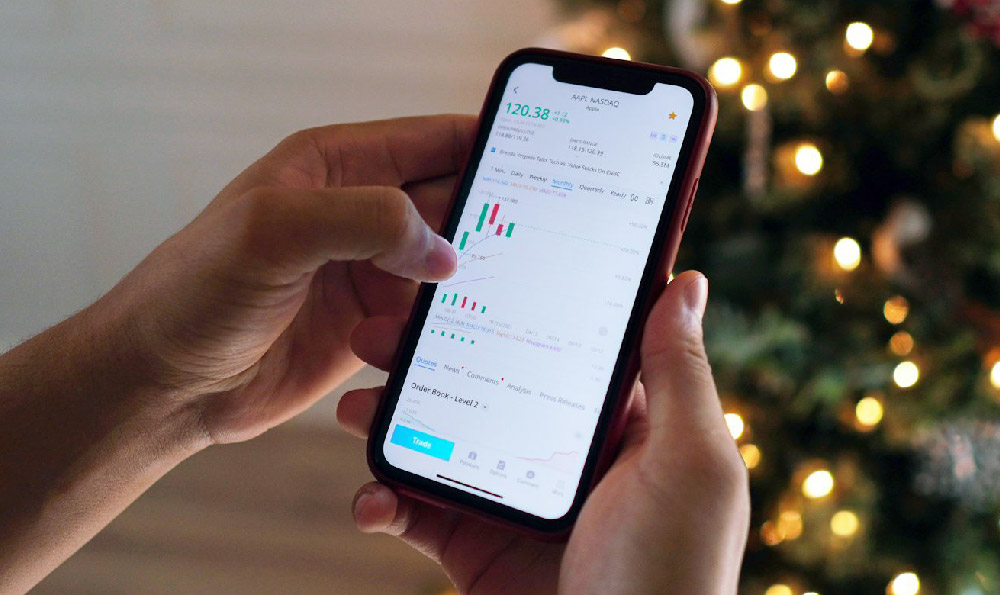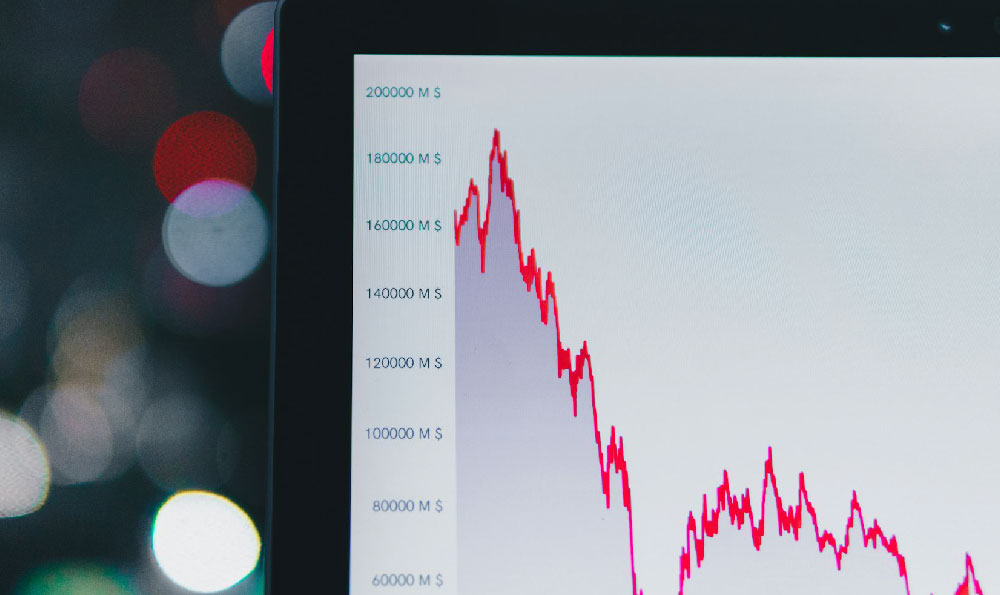Okay, I'm ready. Here's an article exploring the diverse income streams of rappers, written in a style suitable for an investment/finance-savvy audience, avoiding numbered lists and overly simplistic structuring.
The Multifaceted Financial Landscape of Hip-Hop Artists
The world of hip-hop, once largely relegated to the margins of mainstream culture, now exerts an undeniable influence across music, fashion, and even finance. The entrepreneurial spirit inherent in the genre has propelled many rappers beyond the recording studio, transforming them into shrewd business moguls. While lyrical prowess and chart-topping singles form the bedrock of their fame, understanding the intricate network of income streams that sustain these artists provides valuable insights into the modern entertainment economy.

The most readily apparent source of revenue for a rapper, of course, is music itself. This encompasses several distinct categories. Recorded music sales, while significantly impacted by the rise of streaming, still generate income, particularly for established artists with loyal fan bases willing to purchase physical albums or individual tracks. However, the real financial power now lies in streaming royalties. Each play on platforms like Spotify, Apple Music, and Tidal generates a small fraction of a cent. While the per-stream payout is modest, the sheer volume of streams accumulated by popular artists can translate into substantial earnings. Success in this arena necessitates aggressive promotion, strategic playlist placements, and consistent content creation to maintain listener engagement. Furthermore, savvy rappers often negotiate favorable royalty splits with their record labels, maximizing their share of streaming revenue.
Beyond streaming, live performances remain a crucial component of a rapper's income portfolio. Concert tours, festivals, and private events offer opportunities to connect directly with fans and generate significant revenue through ticket sales and merchandise. The profitability of live performances depends heavily on factors such as the artist's popularity, the size of the venue, and the overall production value of the show. Established artists with extensive catalogs and a dedicated following can command high ticket prices and consistently sell out venues, making touring a lucrative venture. The financial burden of touring – including travel expenses, crew salaries, and venue rentals – must be carefully managed to ensure profitability. Often, rappers form dedicated touring companies to streamline logistics and maximize revenue from live performances.
However, limiting a rapper's financial success to only music-related endeavors misses the broader picture. Many have successfully diversified their income streams by venturing into the world of merchandising. Apparel, accessories, and branded products provide a direct connection to fans and represent a significant revenue opportunity. The key to successful merchandising lies in creating desirable products that resonate with the artist's brand and image. Limited-edition items, collaborations with established brands, and strategic marketing campaigns can all contribute to the success of a rapper's merchandise line. The online store acts as a direct-to-consumer sales channel, bypassing traditional retail outlets and allowing the artist to retain a larger share of the profits.
Beyond tangible goods, endorsement deals represent another lucrative avenue for rappers to generate income. By aligning themselves with brands that complement their image and values, rappers can earn substantial fees for promoting products and services. Endorsement deals can range from simple social media posts to full-fledged advertising campaigns. The value of an endorsement deal depends on the artist's reach, influence, and target audience. Rappers with a strong social media presence and a loyal following are particularly attractive to brands looking to connect with a specific demographic.
In recent years, many rappers have expanded their business interests beyond traditional entertainment and endorsements, venturing into entrepreneurship. This can involve launching their own clothing lines, record labels, restaurants, or even technology startups. By leveraging their brand and influence, rappers can build successful businesses that generate revenue independently of their music careers. Entrepreneurship requires a different set of skills than rapping, including business acumen, financial management, and leadership. Many rappers partner with experienced entrepreneurs and investors to navigate the challenges of launching and growing a successful business. This diversification not only increases their financial stability but also allows them to exert greater control over their careers and build a lasting legacy.
Furthermore, intellectual property rights represent a significant and often overlooked income stream. Rappers own the copyrights to their music, lyrics, and branding. This allows them to license their work for use in films, television shows, video games, and other media. Licensing fees can generate substantial revenue, particularly for artists with iconic songs or a distinctive brand image. Protecting intellectual property rights through legal means is crucial for ensuring that rappers receive fair compensation for the use of their work.
Looking toward the future, digital platforms and content creation are playing an increasingly important role in how rappers earn. Building a strong online presence through social media, YouTube channels, and streaming platforms allows artists to connect directly with fans, control their narrative, and generate revenue through advertising and sponsorships. Creating engaging and shareable content is essential for attracting and retaining a loyal audience. The ability to monetize this audience through various digital channels provides rappers with greater independence and control over their income streams.
In conclusion, the financial success of a rapper is no longer solely dependent on record sales or radio play. A diverse portfolio of income streams, encompassing music, live performances, merchandising, endorsements, entrepreneurship, intellectual property rights, and digital content creation, is essential for building a sustainable and prosperous career in the modern music industry. The entrepreneurial spirit of hip-hop, coupled with strategic financial planning and a relentless pursuit of opportunity, has transformed many rappers into successful business moguls, proving that artistic talent and financial acumen can coexist and thrive in the ever-evolving entertainment landscape. Understanding these diverse income streams provides valuable insight into the complex financial ecosystem of hip-hop and the strategies employed by artists to maximize their earning potential.












